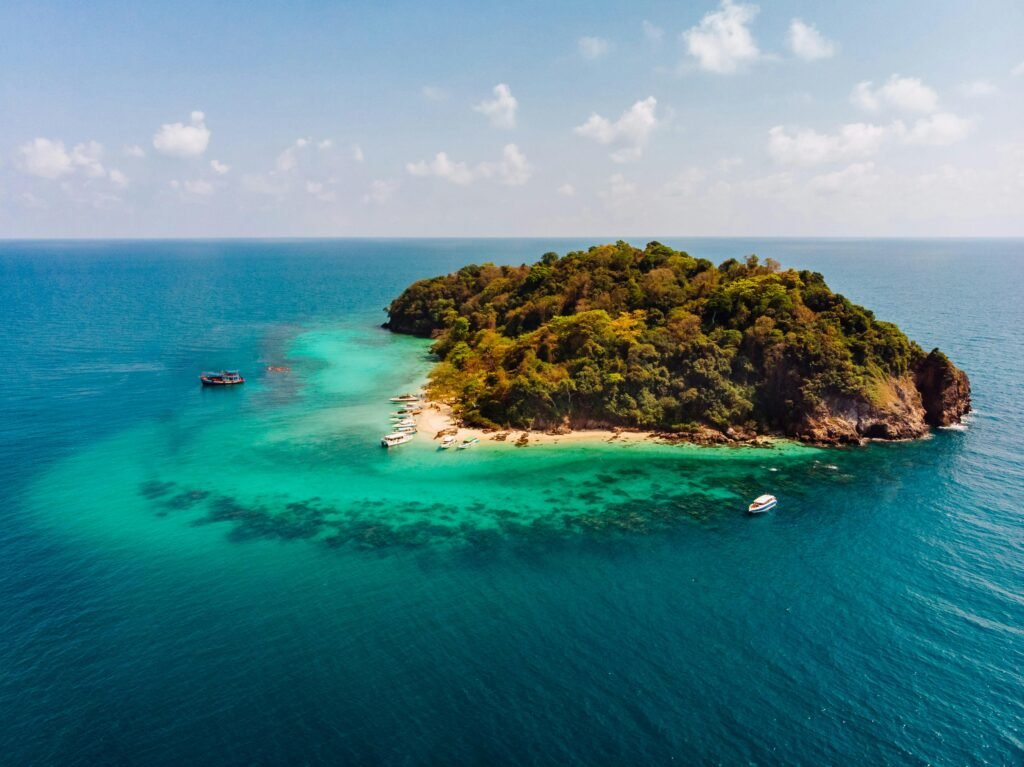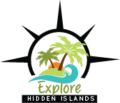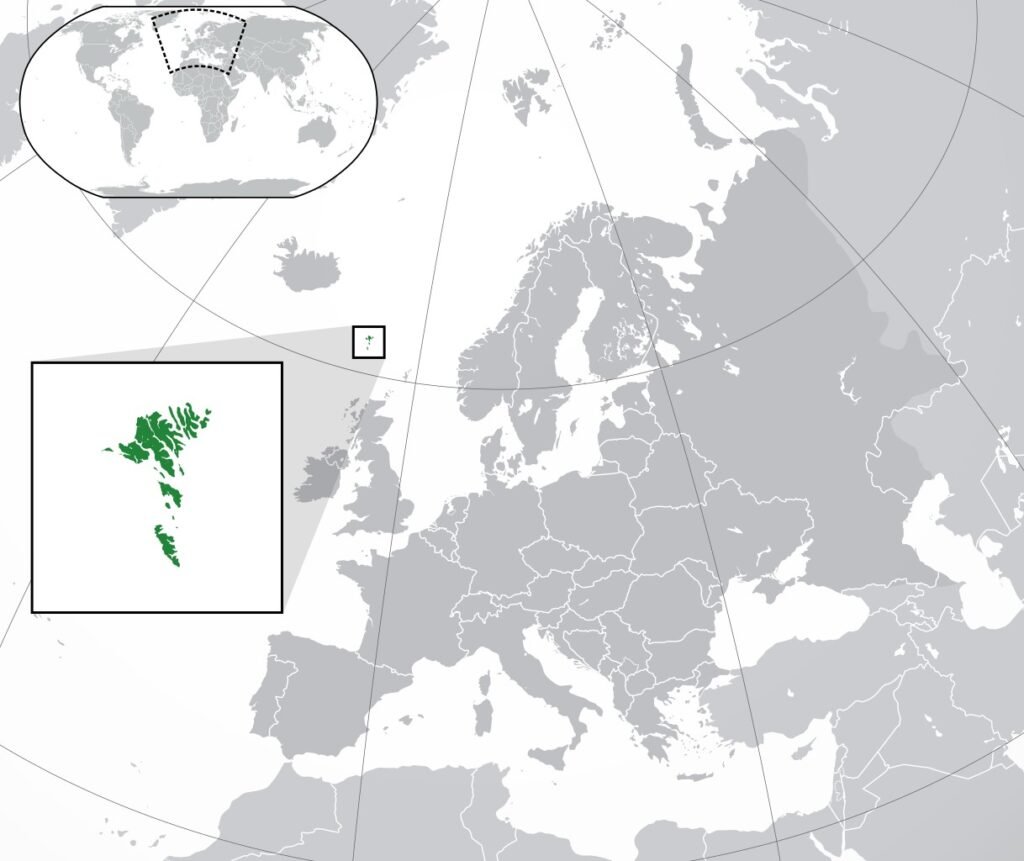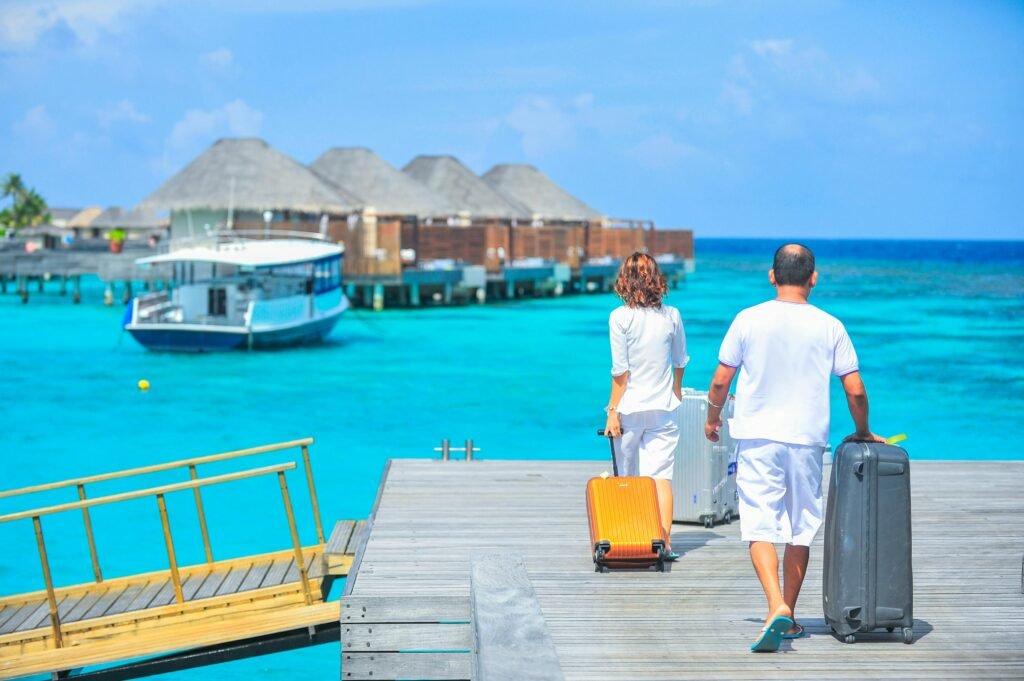
Hidden Islands: A Guide to Uncovering Earth’s Untouched Treasures
The world is a vast tapestry of explored continents and charted seas, but hidden islands lie within the folds of our planet. These elusive gems, shrouded in mist or forgotten by time, beckon to the adventurous soul. They promise a world apart, where the footprints of modern civilization have yet to tread. If the call of the undiscovered whispers to you, then this guide is your compass. We’ll delve into the tools, techniques, and mindset needed to embark on your own quest to find a hidden island.
Why Search for Hidden Islands?
The reasons for seeking hidden islands are as varied as the explorers themselves. Here’s why discovering a remote island might be your next grand undertaking:
- The Thrill of the Unknown: To stand where few (if any) have stood before – there’s an undeniable allure to the untouched and unexplored.
- Scientific Potential: Hidden islands could hold undiscovered species of plants and animals or offer insights into forgotten cultures through archaeological remains.
- Sustainable Ecotourism: Discovering a pristine island opens up possibilities for responsible tourism ventures that prioritize conservation and cultural exchange.
- The Ultimate Survival Challenge: If you find a genuinely uninhabited island, it tests your wilderness skills and resourcefulness like nothing else.
- Escape from the Ordinary: For some, it’s the dream of a secluded paradise, a sliver of land untouched by the hustle and bustle of the modern world.
Tools and Techniques for Finding Hidden Islands
The search for hidden islands requires a blend of historical research, modern technology, and a dash of adventurer’s intuition. Here’s a breakdown of the essential tools for the task:
- Historical Maps and Charts: Old maps can be treasure troves of forgotten or mislabeled islands. Archives, libraries, and online collections like the David Rumsey Map Collection are excellent resources. Analyze discrepancies between historical maps and modern cartography – an unknown speck might be your hidden island.
- Satellite Imagery: What you can see from above is fantastic! Tools like Google Earth allow you to scour the planet for landforms that might not be officially recognized. Look carefully at areas masked by clouds or dense vegetation – with a keen eye, you might uncover a hidden landmass.
- Oceanographic Data: Bathymetric maps (showing the ocean floor) and information on ocean currents can reveal seamounts or shallow areas hinting at an island’s existence. Resources like the General Bathymetric Chart of the Oceans (GEBCO) provide this data.
- Local Folklore and Legends: Stories persist for a reason. Coastal communities often have tales of vanished islands or lands sighted but never explored. Tap into this local knowledge – it could hold vital clues about your search area.
- Networking with Explorers and Sailors: Experienced adventurers are fonts of knowledge. Online forums, sailing communities, and explorers’ clubs can provide tips, rumors, and potential leads on hidden islands.
Discovering a hidden island is just the beginning. The open ocean is an unpredictable force, so thorough preparation is vital. Before embarking on any expedition, ensure you have the skills, resources, and necessary permits to undertake such a venture safely and responsibly.
Planning Your Expedition
Finding a hidden island is one thing; getting there and back safely is another. Meticulous planning is the difference between an adventure and a disaster. Here’s what you need to consider:
- Understanding the Risks: The remote nature of hidden islands means potential dangers abound. From hazardous weather and sea conditions to a lack of easily accessible resources, carefully consider the risks and develop mitigation strategies.
- Logistics and Supplies: Plan for everything! Sufficient food, fresh water, appropriate clothing, a comprehensive medical kit, and reliable communication equipment are essential. Create contingency plans for equipment failure and unexpected delays.
- Physical Preparation: Seeking hidden islands can be physically demanding. Ensure you’re in peak condition and possess wilderness survival skills like navigation, first aid, and signaling for help.
- Permissions and Legal Considerations: Researching relevant laws and restrictions is crucial. Some hidden islands might be protected territories or have cultural significance, requiring special permits for access.
- Ethical Considerations: Minimize your environmental footprint. Follow Leave No Trace principles and respect local customs and traditions if an island is inhabited. Remember, you are a visitor in this undiscovered world.
- Start Locally: Before tackling vast oceans, practice your hidden island hunting skills closer to home. Look for potential remote islands in lakes, rivers, or along less explored coastlines.
- The Power of Technology: Drones and underwater cameras can expand your search capabilities and reveal hidden land features you might miss otherwise.
- The Strength of Collaboration: Finding a remote island can be monumental. For shared expertise and resources, consider joining forces with other explorers, scientists, or sailors.
What to Do After Finding a Hidden Island
You’ve done it! After meticulous research and arduous exploration, you stand on the shores of a hidden island. Now what?
- Documentation is Key: Meticulously document your discovery with detailed notes, photographs, videos, and accurate GPS coordinates. This record is proof and a foundation for potential scientific or historical analysis.
- Scientific Exploration: If conditions allow, collect plant or geological samples responsibly, ensuring you don’t damage the environment. These could hold valuable clues about the island’s unique ecosystem.
- Respect the Past: Are there signs of previous habitation? Archaeological remnants should be preserved. If you find artifacts or ruins, leave them untouched and inform the relevant authorities.
- Sharing Your Find: It’s tempting to keep your hidden island private but consider the potential benefits of sharing your discovery. Contacting geographical societies, universities, or conservation organizations could lead to further research and even protection of your island gem.
- Tell Your Story: A discovery of this magnitude deserves to be shared! Please write a blog, create a documentary, or give talks to inspire other explorers and ignite a passion for the unknown corners of our world.
Conclusion
The quest to find a hidden island embodies our adventurous spirit. It’s a pursuit that rewards curiosity, perseverance, and a deep respect for our planet’s hidden wonders. Remember, preparation is vital, respect for the environment is paramount, and the thrill of discovery is like no other.


